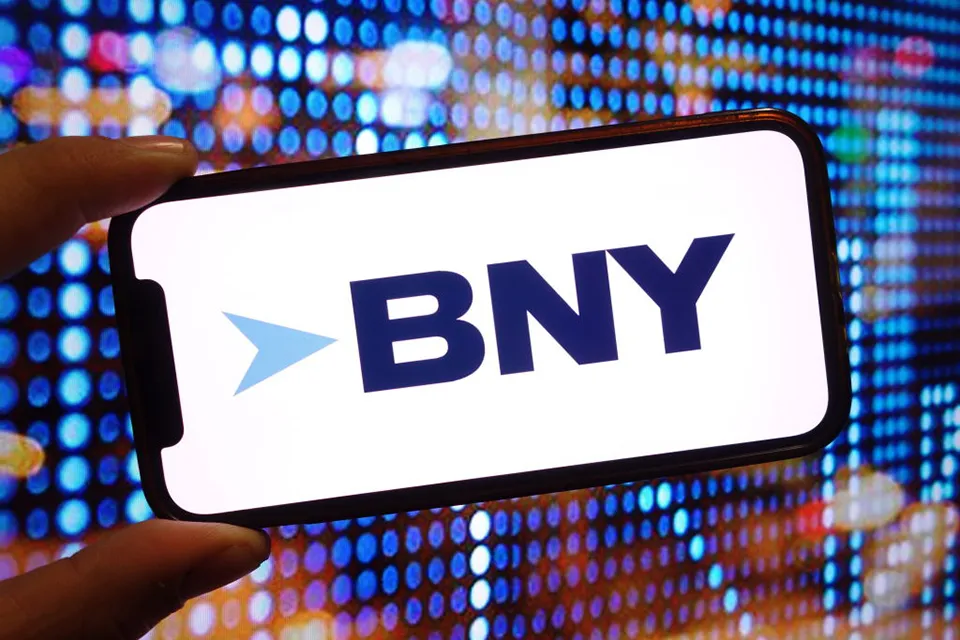Working with legacy systems
Batch-focused architecture and the proliferation of multiple enterprise resource planning (ERP) and treasury management system (TMS) solutions due to business growth created challenges in application programming interface (API) implementation. Adoption was further slowed by the lack of understanding and documentation around API use cases and processes.
In recent years, however, many organisations have implemented new ERP systems that are more conducive to API plug-ins and real-time data or TMSs that connect disparate ERP platforms.

There is a significant surge in corporate API adoption, especially for real-time view of balances
Mohit Narula, Citi
“This has enabled more corporates
Thanks for your interest in Euromoney!
To unlock this article:




